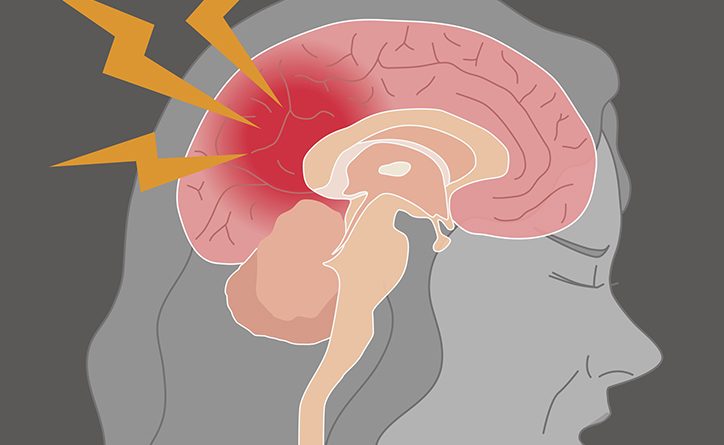Knowing the warning signs of seizures can be a potentially lifesaving skill set. Whether you have loved ones who are prone to this condition or not, these skills can make anyone someone’s hero. Seizures can be daunting, but most of us know a little bit about recognizing a seizure and seizures treatments, we can help out those who have to go through those scary few minutes.
One thing to keep in mind while you read through this article is that while different behavioral changes can occur in different types of seizures, some of the changes may be due to other medical issues or side effects of certain medications.
Seizures, Signs, & Characteristics
- They are brief; they come and go very quickly, and last a few seconds or minutes at the most.
- They are unpredictable; they cannot be predicted and are very spontaneous.
- They are episodic; they randomly occur for a typical period of time and then just go away.
- They are stereotypical; symptoms are very similar whenever they do occur.
Recognize a Seizure: What to Look for Before, During, and After They Happen
As mentioned above, seizures can be very sporadic and random, but once you start taking heed of what happens before a seizure, you can start predicting them to a certain extent. Some warning signs of a seizure include:
- Weird feelings, sometimes a feeling that you cannot explain.
- Unusual smells or tastes, also inexplicable at times.
- Out of body experiences; when you feel detached from your body or when you just cannot explain how you feel like your body looks different or strange.
- Feeling confused, spacey, not being able to focus.
- Body twitching and jerking. Most of the time, it’s the legs, arms, or just a finger.
- Unexpectedly falling down, often uncontrollably.
- Memory loss or random forgetfulness.
- Daydreaming or episodes of staring off into emptiness.
- Random headaches.
- Unexplained confusion, drowsiness, and weakness.
- Losing control of your urine or stool.
I’m witnessing a seizure, what should I do?
First and foremost, it is important to remain calm. You will not be of any help if you lose your cool! Seizures treatment or seizure medications can be administered once you have made sure that it is, in fact, a seizure that you are witnessing. Some things to consider doing while you are trying to help are the following:
- Keep track of what occurs in a diary or some sort of notebook that you could easily carry around if you have a loved one that is prone to seizures.
- It is important that you share this information with your doctors, especially if a seizure occurs after changing of a seizure medication or a seizure treatment.
- When you are writing down anything you may think is a symptom of a seizure, make sure you confirm with your doctor whether or not they are, in fact, symptoms of a seizure.
- Use the warning signs you have noted to help you prepare for a seizure and help you stop and prevent a full episode in the future.
- Get to a safe area to rest after or if possible before the seizure.
- It is imperative you let someone around you know what is going on.
- It is important to follow your doctor’s advice and your personal response plan whether it’s instant seizures treatment or seizure medication.
I really hope this information helps you in determining whether or not someone is suffering from a seizure. Remember to always remain calm and really pay attention to the warning signs.
Featured Image: Thinkstock/chombosan
Posted on May 5, 2023



